AACN is fortunate to have several committees dedicated to supporting its health, growth, and mission. The chairperson(s) of each Committee and Special Interest Group is/are pictured.
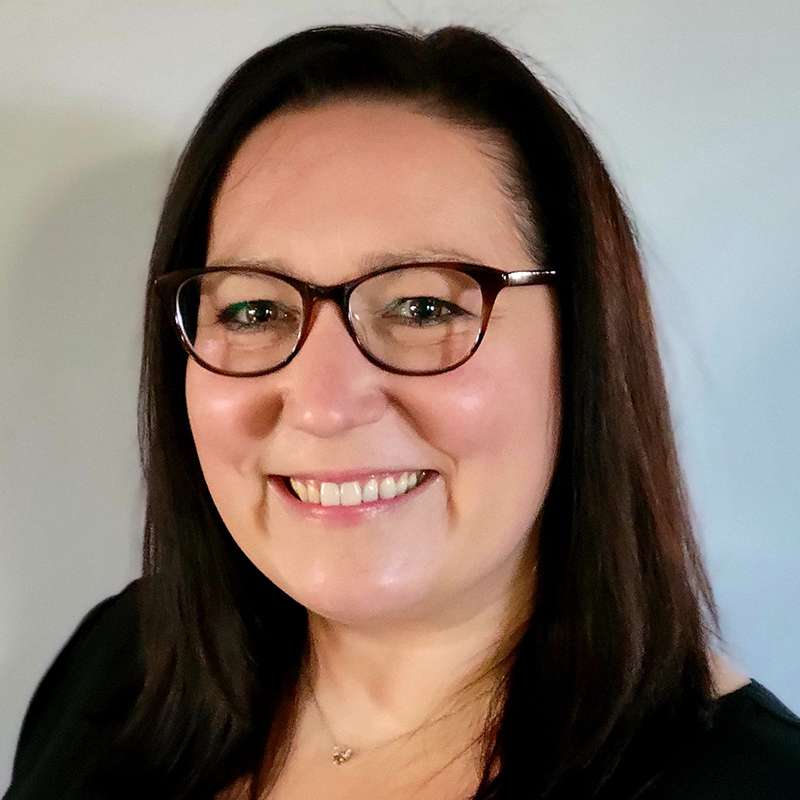
Awards Committee
Charter: Monitors all AACN awards and collaborates with other committees administering awards. The committee is responsible for direct administration of the Distinguished Neuropsychologist Award, Leadership Awards, Outstanding Mentorship Award, and coordination and overseeing logistics of other awards including poster awards.

Board Certification Promotion Committee
Charter: Engenders awareness of the ABCN board certification process within upcoming and current neuropsychologists; promotes the benefits of board certification within professional neuropsychology and instills motivation to follow through with the board certification process.

Board of Directors Orientation Committee
Charter: Develops and implements orientation training activities for all newly elected members of the Board of Directors and student representatives to the BOD; facilitates integration of newly elected Board members into standing and ad hoc committees.

Be Ready for ABPP in Neuropsychology (BRAIN) Committee
Charter: Develops and maintains mechanisms (e.g., list serve, website, study materials, study groups) to support neuropsychologists who are pursuing ABCN Diplomate status.
Brain Injury Special Interest Group

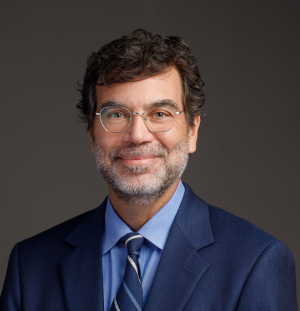
Charter: Committed to expanding knowledge and resources to optimize evaluation and treatment of the neuropsychological sequelae associated with traumatic and nontraumatic brain injuries as well as advocacy for this clinical population.

Bylaws Committee
Charter: Reviews, revises and updates Academy Bylaws and maintains them in a condition that accurately reflects the needs, goals, and services of the Academy.

Conflict of Interest Committee
Charter: Establishes policies of the Academy with respect to conflicts of interest, reviews member allegations that involve conflicts of interest, makes recommendations for enforcement of conflict of interest policies, and maintains records of actions taken regarding conflicts of interest.
Conference Management Committee


Charter: Develops and recommends policies for structure, format and operation of annual conference; recommends meeting sites to Board of Directors; coordinates planning with Academy staff. Collaborates with other committees around conference programming and operations.
Dementia Special Interest Group


Charter: Focused on advancing clinical practice, research, and training for neuropsychologists involved in the care of persons with neurocognitive disorders due to neurodegenerative and related conditions, and their caregivers.
Disruptive Technology Committee
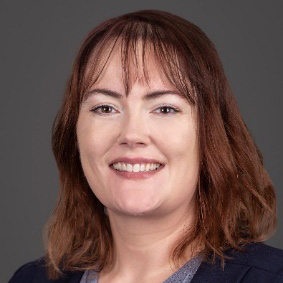

Charter: Aims to advance education and practice models to prepare neuropsychologists to embrace engineering, coding, and biotech, and to re-imagine assessment and intervention to consider ubiquitous technologies, big data, and other innovations with the potential to disrupt current models.
Early Career Committee


Charter: Early career is defined as any AACN member who is within 10 years of completion of a two-year neuropsychology post-doctoral fellowship. Aims to advance the goals and needs of early career professionals. Identifies ways in which AACN may improve its service, increase access to career resources and potential professional service experience, career opportunities, and recognize the unique professional needs of individuals within this career group.

Education Committee
Charter: Develops and maintains an effective educational program for the annual conference of the Academy; develops recommendations and monitors activities related to other educational issues of importance to the Academy. The Education Committee will include the Program and Section Chairs for the Annual Conference, the Continuing Education Chair, and the Scientific Poster Session Co-Chairs.

Continuing Education Subcommittee

Electronic Communications Committee
Charter: Monitors and helps to manage electronic communication forums by Academy members.
Forensic Neuropsychology Special Interest Group


Charter: The Forensic SIG is concerned with issues related to the promotion of scholarly and clinical activity of forensic neuropsychological practice. That refers to work providing expert neuropsychological services in legal, compensation, administrative, and related contexts.
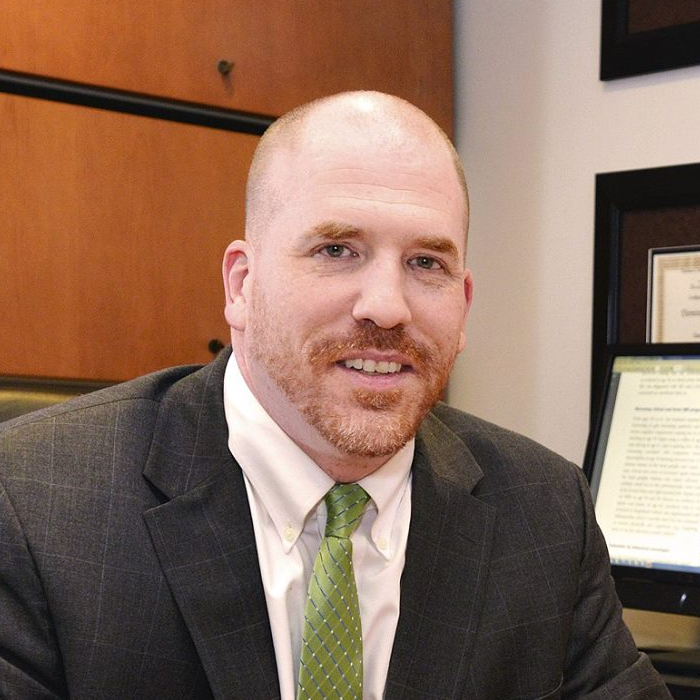
Nominations Committee
Charter: Nominates a slate of Board of Directors members consistent with Academy Bylaws for election as allowed by the voting members of the Academy.
Pediatric Subspeciality Special Interest Group
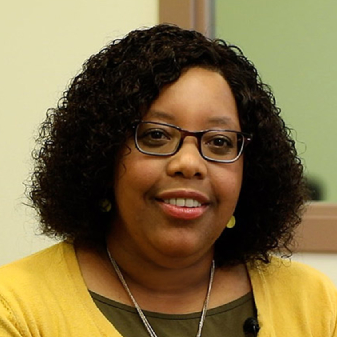

Charter: The Pediatric SIG is particularly focused on the interests of pediatric, child-clinical, and lifespan developmental neuropsychologists, as well as the children they see.

Practice and Public Policy Committee
Charter: Monitors and addresses issues related to the professional practice of neuropsychology, including models of practice; billing/coding/reimbursement for neuropsychological services; scope of practice issues; and federal and state legislative and regulatory concerns. The committee keeps the board advised of relevant issues and makes recommendations regarding possible courses of action, including advocacy. Additionally, the committee chair works in concert with the AACN representative to the Inter Organizational Practice Committee for issues related to broader discipline.

Public and Professional Information Committee
Charter: Recommends and develops procedures and policies for the Academy to maintain public relations activities. Develops processes and content whereby consumers of neuropsychological services (e.g., individuals, colleagues, medical, educational, governmental providers) can access state-of-the-art information regarding clinical neuropsychology.

Publications Committee
Charter: Develops recommendations for maintenance and expansion of the Academy’s publication interests. The Publications Committee manages the process by which information becomes an official statement or position of the Academy.

Relevance 2050 Committee
Charter: Encourages and facilitates discussion and adoption of issues concerning diversity involving the Academy.

Research Support Committee
Charter: Provides fundamental research support to AACN members who have a strong interest in carrying out impactful clinical research, and would benefit from guidance with critical steps of the research process. Activities include but are not limited to providing advice with respect to background conceptualization, scientific writing, research design, statistics, and/or the publication process. This committee also participates in research grant approvals.
Student and Trainee Affairs Committee
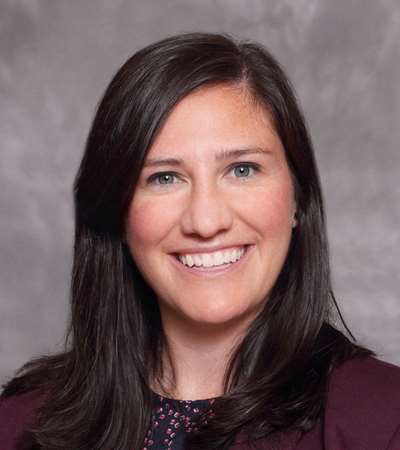

Charter: Promotes initiatives and activities to encourage involvement of students and in-training members in Academy activities; oversees student-focused events at the Academy’s Annual Conference.
